After his discharge, Derek Vaughan had settled into a quiet life in a modest house on the outskirts of suburban Virginia. He’d married Claire, a white woman with two children from a previous marriage. Derek was polite, soft-spoken, the kind of man who never caused trouble. To the neighbors, though, he was an anomaly—a question mark in the middle of their orderly streets. They smiled politely in daylight but bolted their doors at night. He could feel their judgment, silent and constant.
Then, one crisp autumn evening, his youngest, Noah, disappeared while walking home from soccer practice. Derek pushed the police to act, but they shrugged it off, calling it a likely runaway case. The neighbors? They offered nothing—only the faint rustle of disinterest.
Hours later, strangers appeared at his door. Men claiming to be from the Department of Veteran Affairs. They asked about his service record, exposure to "chemical stressors," his views on "foreign ideologies." Not a word about Noah, only cryptic warnings: “Sometimes forces take the right children.”
Two days later, Derek discovered something in the woods behind his house. A figure slumped against a tree, soaked by rain, markings scrawled across its body: GO HOME, SOLDIER. STAY IN YOUR LANE.
But when he turned it over, it wasn’t his son. It was tall, humanoid, but wrong—covered in coarse gray fur, a face frozen in a grin, eyes boring into Derek’s soul.
"America’s forgotten soldiers will build a new dawn."
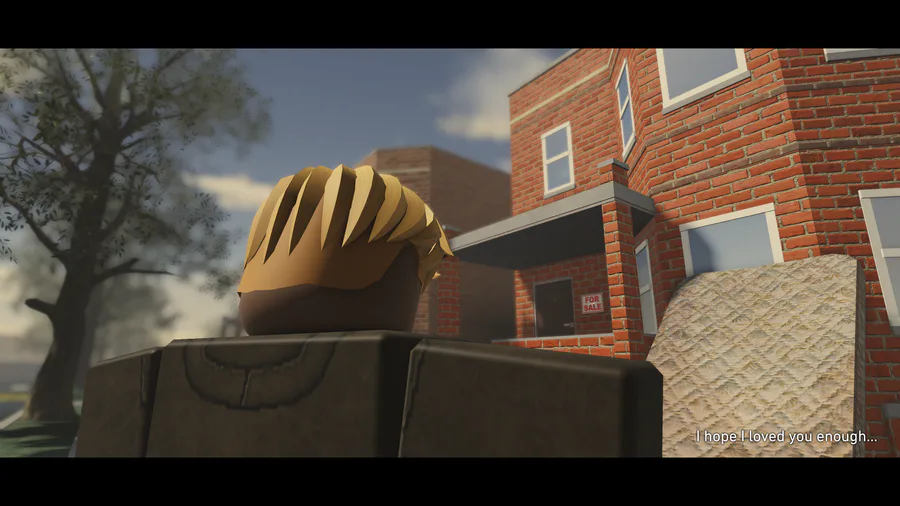
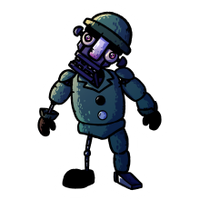
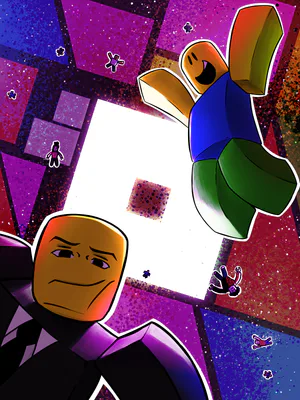
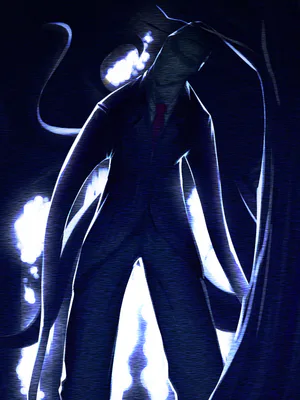
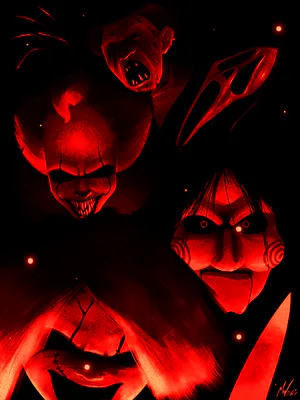

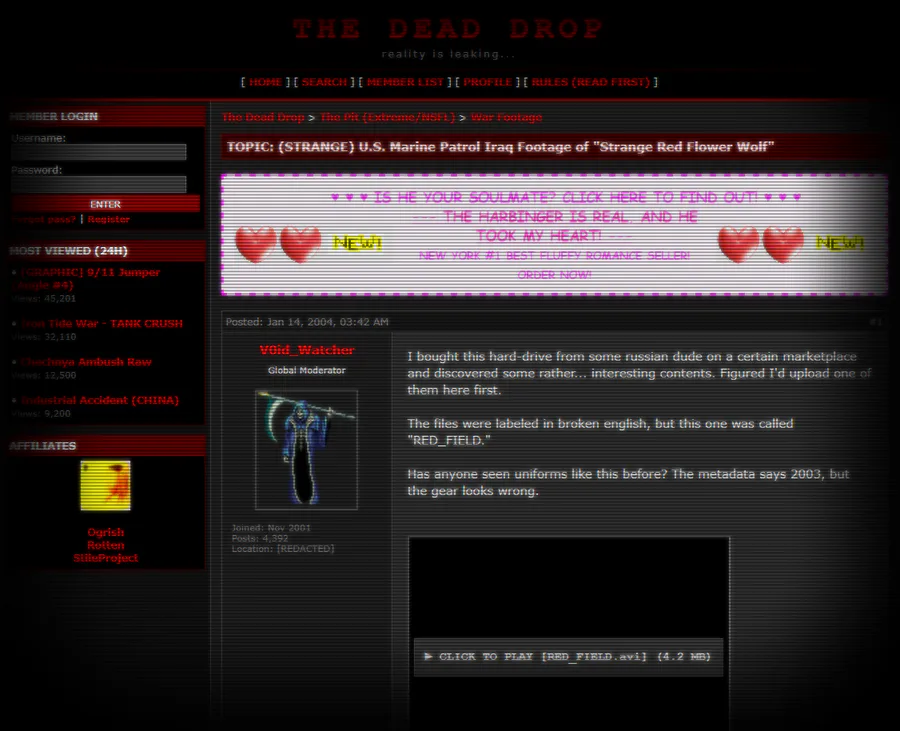
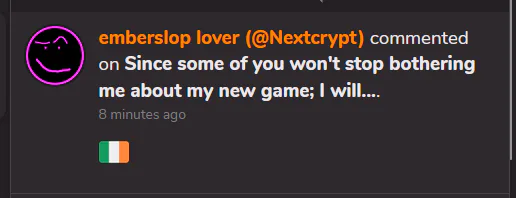
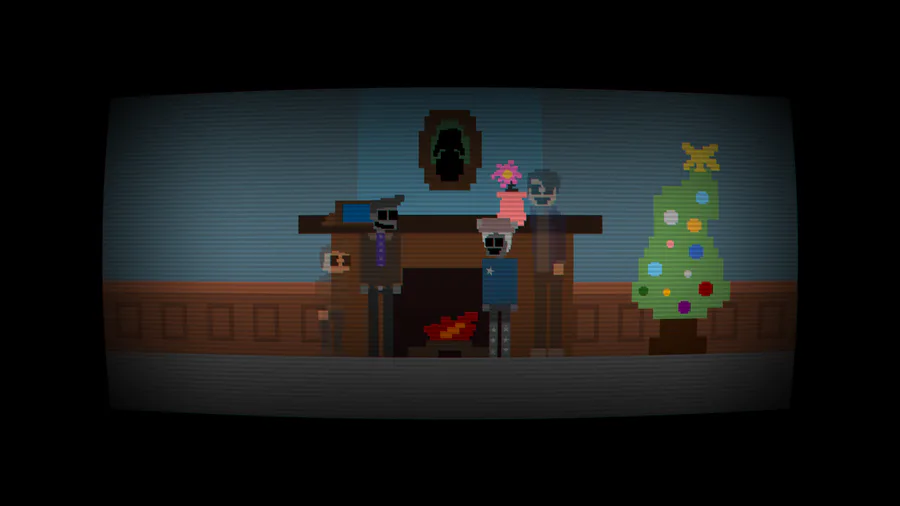
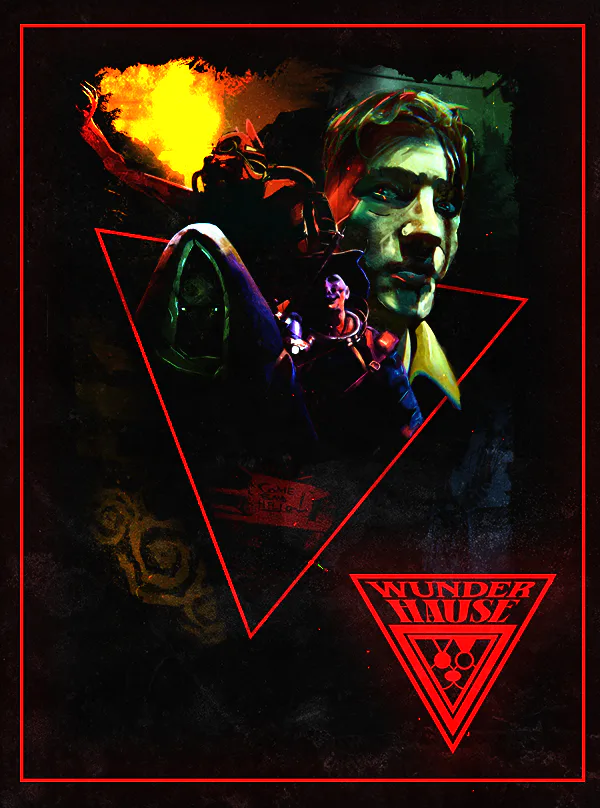

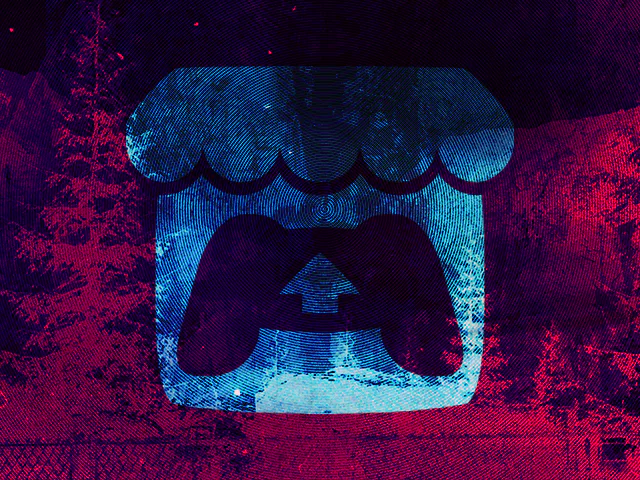

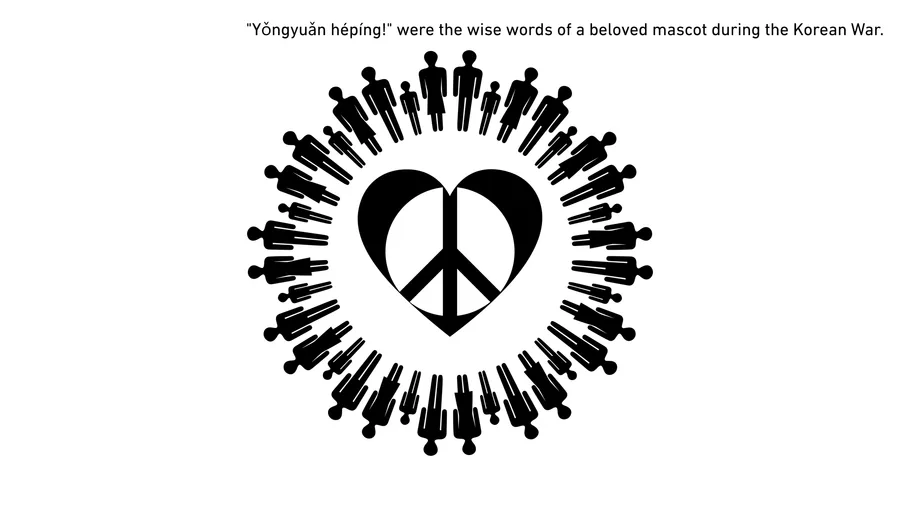
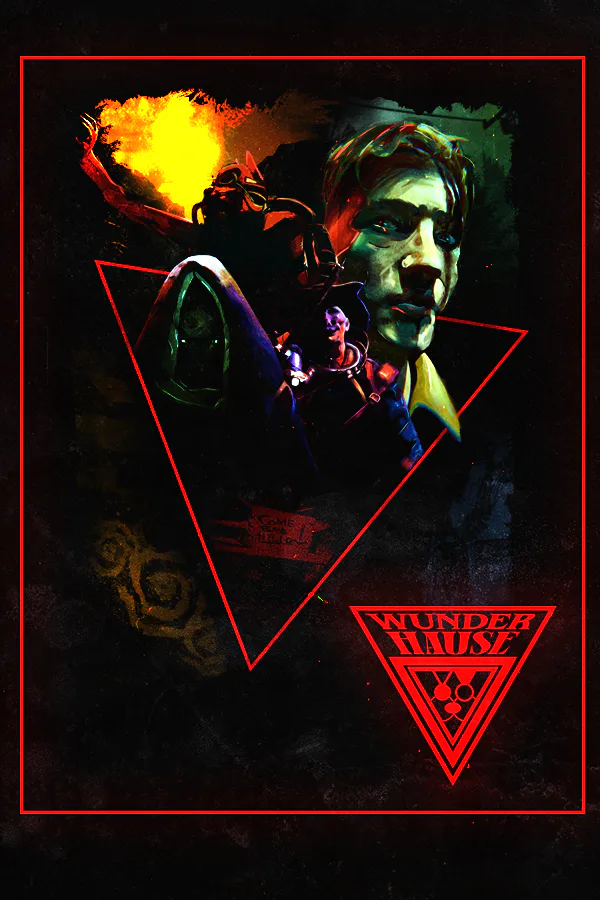

0 comments